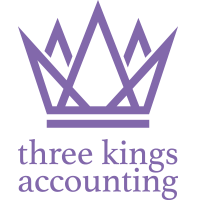How Does VAT Work For Your Business
Value-added tax (VAT) is charged on most goods in the UK. Some goods are exempt, and others have lower rates added to them, but most are charged at the standard VAT rate of 20%. Many very small businesses don’t need to register for VAT, but once your annual turnover passes the threshold, which is currently £85,000, it’s compulsory. You can also voluntarily register before reaching the threshold, which is useful for some businesses so they can get in the habit of charging VAT. If you’re wondering how does VAT work, take a look at the information below.
VAT Basics
UK businesses have to start paying VAT when their annual turnover reaches £85,000, although they can choose to start paying earlier. There is also another threshold for distance selling into the UK (£70,000). The threshold for deregistration is £83,000. VAT thresholds may change each year, so it’s important to stay up to date. You can register to pay VAT online, and you should check out which VAT rules apply to your goods and industry,
VAT Schemes
There are a number of different VAT schemes to help make it easier to pay your tax. If your business earns £150,000 or less in a year, you can register for the Flat Rate scheme. This scheme allows you to calculate your VAT as a percentage of your total turnover, rather than recording the VAT you charge for every sale. Businesses earning £1.35 million or less can use the Cash Accounting Scheme. Using cash accounting, you only have to pay VAT when your customer has paid you. There’s also the Annual Accounting Scheme, which allows you to reduce paperwork and manage your cash flow more easily if you use standard VAT accounting.
The VAT Rules
Apart from registering when your turnover reaches the threshold, there are other rules that your business needs to follow. You need to show the VAT amount separately on invoices and know what rate of VAT you should be charging on your goods. Apart from the standard rate of 20%, there’s also a reduced 5% rate and zero rate. For goods and services that are eligible for VAT, you must charge VAT on the full sales price.
The Benefits of Registering Early
It’s not essential to register for VAT before your business reaches the threshold. However, there are a couple of advantages that your business can enjoy. Firstly, you might feel that it benefits your business. You won’t have to put your prices up later when you have to start charging VAT. You can get into the habit of doing it right away, and not have to worry about when you’ll hit the threshold. It also prevents your business from looking small. Even though your business hasn’t grown that much just yet, you might not want it to appear too small to your customers or clients.
Stay up to date on the latest VAT information so you can make sure you follow the rules. Pay particular attention to any changes to the rules in March or April.


